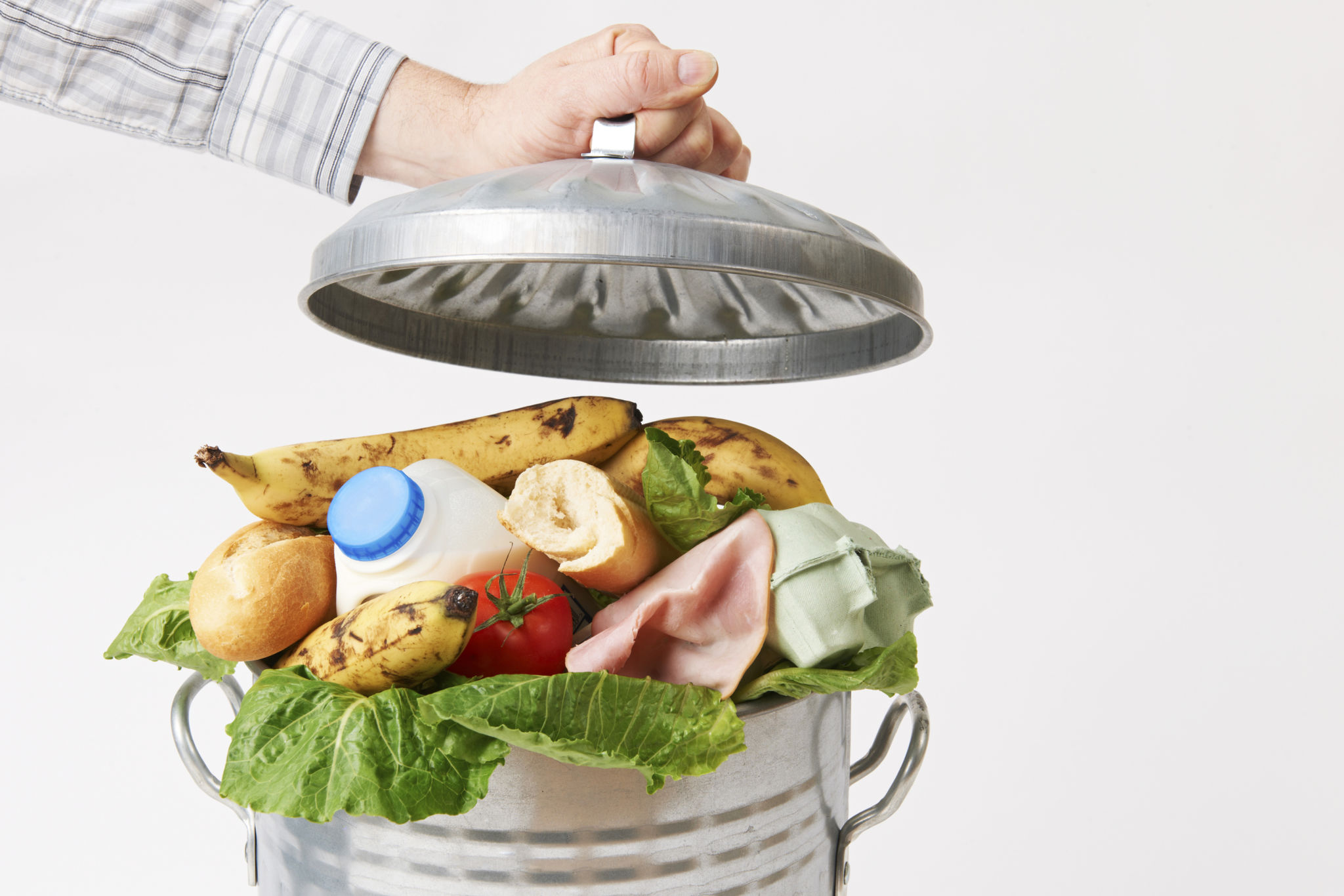Latest Cooking Trends in Australia: Sustainable and Eco-Friendly Practices
Sustainable Ingredients: The Foundation of Eco-Friendly Cooking
In recent years, Australian chefs and home cooks alike have been increasingly focused on the sustainability of their ingredients. This trend is driven by a growing awareness of the environmental impact of food production and a desire to reduce carbon footprints. Sourcing local and seasonal produce is one of the most effective ways to ensure sustainability in the kitchen. By choosing ingredients that are in season and grown locally, cooks can minimize the energy and resources required for transportation and storage.
Another key aspect of sustainable cooking is the use of organic ingredients. Organic farming practices help to preserve biodiversity and reduce pollution, making it a popular choice for those committed to eco-friendly cooking. In Australia, organic produce is becoming more accessible, with many farmers' markets and grocery stores offering a wide selection.

Plant-Based Diets: A Growing Movement
The shift towards plant-based diets is another significant trend in sustainable cooking in Australia. As the environmental impact of meat production becomes more apparent, many Australians are choosing to incorporate more plant-based meals into their diets. This change not only benefits the environment but also offers health advantages, as plant-based diets are often rich in nutrients and lower in saturated fats.
Restaurants across Australia are taking note of this trend, with many now offering diverse and delicious plant-based options on their menus. Whether it's a hearty vegetable curry or a creatively crafted vegan dessert, there's no shortage of inspiration for those looking to explore plant-based cooking at home.

Waste Reduction: A Key Element of Eco-Friendly Practices
Reducing food waste is a crucial component of sustainable cooking practices. In Australia, there is a growing emphasis on using every part of an ingredient, from root to leaf. This not only minimizes waste but also encourages creativity in the kitchen. Cooks are finding innovative ways to utilize scraps and leftovers, turning them into delicious meals or composting them to enrich the soil for future crops.
Additionally, many Australians are investing in smart kitchen appliances that help reduce waste. These appliances can track expiration dates, suggest recipes based on available ingredients, and even preserve food for longer periods.

Eco-Friendly Kitchen Tools and Gadgets
The tools we use in the kitchen can also greatly impact our sustainability efforts. Australians are increasingly opting for eco-friendly kitchen gadgets made from sustainable materials like bamboo or recycled plastic. These products not only reduce reliance on non-renewable resources but also often come with a longer lifespan compared to their traditional counterparts.
Induction cooktops are another eco-friendly choice gaining popularity. They are energy efficient, as they heat food directly rather than using an intermediary heating element, resulting in less energy waste.

Community-Supported Agriculture: Connecting with Local Farmers
Community-supported agriculture (CSA) programs are becoming a vital part of the sustainable cooking landscape in Australia. By participating in a CSA, individuals and families can receive fresh, seasonal produce directly from local farmers. This not only supports local agriculture but also ensures that consumers have access to high-quality ingredients that haven't traveled long distances to reach their plates.
Joining a CSA creates a connection between consumers and producers, fostering a deeper understanding of where food comes from and how it is grown. It also encourages participants to try new ingredients and diversify their cooking habits.